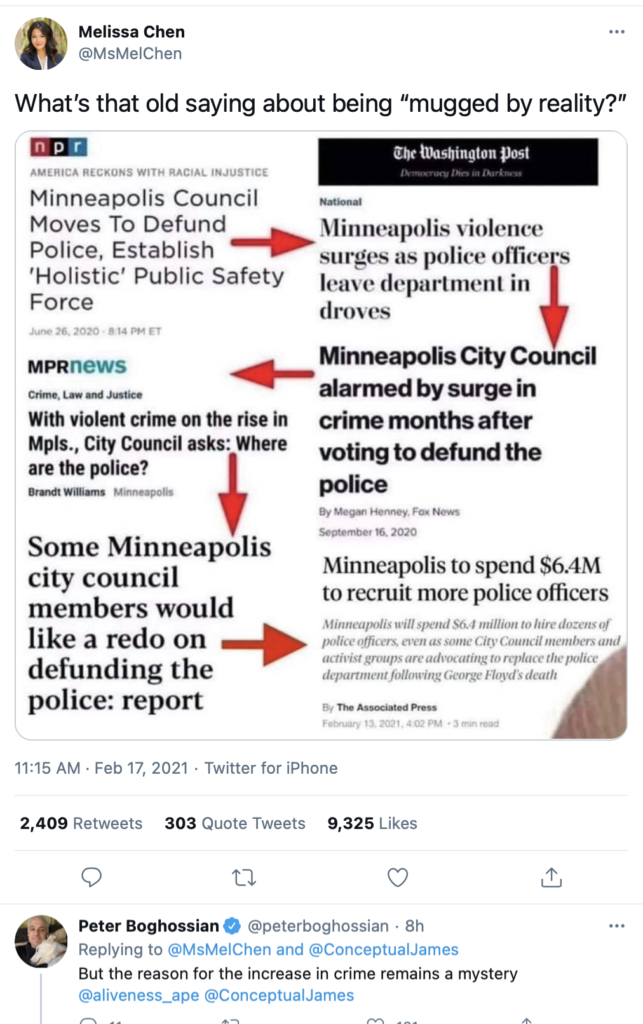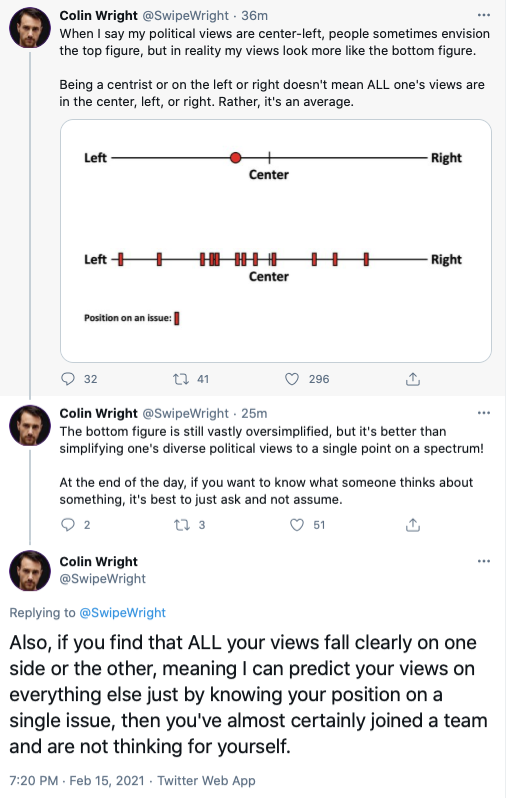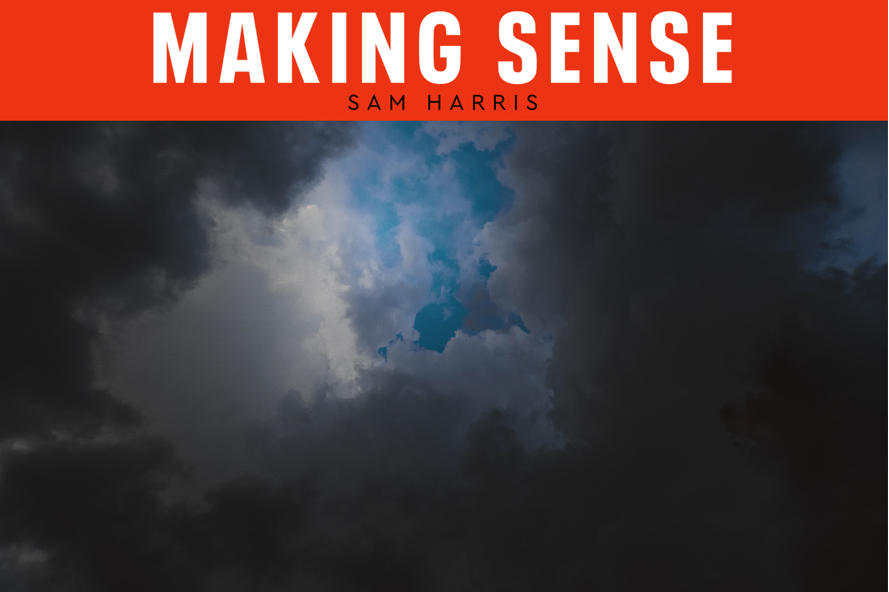I just finished reading Camille Paglia's essay, "Free Speech and the Modern Campus," from a collection of her prior writings, a book titled Provocations." This essay takes aim at practices that were once called "Political Correctness," which now fall under the description of excesses of the Woke or Wokeness. Paglia begins her essay by recounting how and why many colleges and universities founded niche studies departments, such as women's studies. Colleges made the mistake of allowing these departments to serve as singularities, unengaged with traditional core studies of, for example, history or psychology. These departments
were so hastily constructed in the 1970s, a process that not only compromised professional training in those fields over time but also isolated them in their own worlds and thus ultimately lessened their wider cultural impact.. . . Working on campus only with the like-minded, they treat dissent as a mortal offense that must be suppressed, because it threatens their entire career history and world-view. The ideology of those new programs and departments, predicated on victimology, has scarcely budged since the 1970s.
These new departments confused scholarship with ideology. They became like churches:
Teaching and research must strive to remain objective and detached. The teacher as an individual citizen may and should have strong political convictions and activities outside the classroom, but in the classroom, he or she should never take ideological positions without at the same time frankly acknowledging them as opinion to the students and emphasizing that all students are completely free to hold and express their own opinions on any issue, no matter how contested, from abortion, homosexuality, and global warming to the existence of God . . .
A familiar trio of Continental philosophers was carted into these niche curricula:
The Derrida and Lacan fad was followed by the cult of Michel Foucault, who remains a deity in the humanities but whom I regard as a derivative game-player whose theories make no sense whatever about any period preceding the Enlightenment. The first time I witnessed a continental theorist discoursing with professors at a Yale event, I said in exasperation to a fellow student, “They’re like high priests murmuring to each other.”
At p. 379, Paglia explains the main problem with poststructuralism:
Post-structuralism, in asserting that language forms reality, is a reactionary reversal of the authentic revolutionary spirit of the 1960s, when the arts had turned toward a radical liberation of the body and a reengagement with the sensory realm. By treating language as the definitive force in the world—a foolish thesis that could easily be refuted by the dance, music, or visual arts majors in my classes—poststructuralism set the groundwork for the present campus impasse where offensive language is conflated with material injury and alleged to have a magical power to create reality. Furthermore, poststructuralism treats history as a false narrative and encourages a random, fragmented, impressionistic approach that has given students a fancy technique but little actual knowledge of history itself.
Another problem with political correctness is the inability to interpret the significance of events in the context of the time period in which they occurred (see here for a recent example):
The problem of political correctness is intensified by the increasing fixation of humanities and even history departments on “presentism,”that is, a preoccupation with our own modem period.
What are the solutions? Paglia offers three:
[E]ducators must first turn away from the sprawling cafeteria menu of over-specialized electives and return to broad survey courses based in world history and culture, proceeding chronologically from antiquity to modernism. Students desperately need a historical framework to understand both past and present.
Second, universities should sponsor regular public colloquia on major topics where both sides of sensitive, hot-button controversies are frilly discussed. Any disruptions of free speech at such forums must be met with academic sanctions.
[C]olleges and universities must stay totally out of the private social lives of students.The intrusive paternalism o f American colleges in this area is an unacceptable infringement of student rights.If a crime is committed on campus, it must be reported to the police.There is no such thing as a perfectly “safe space” in real life. Risk and danger are intrinsic to human existence.



